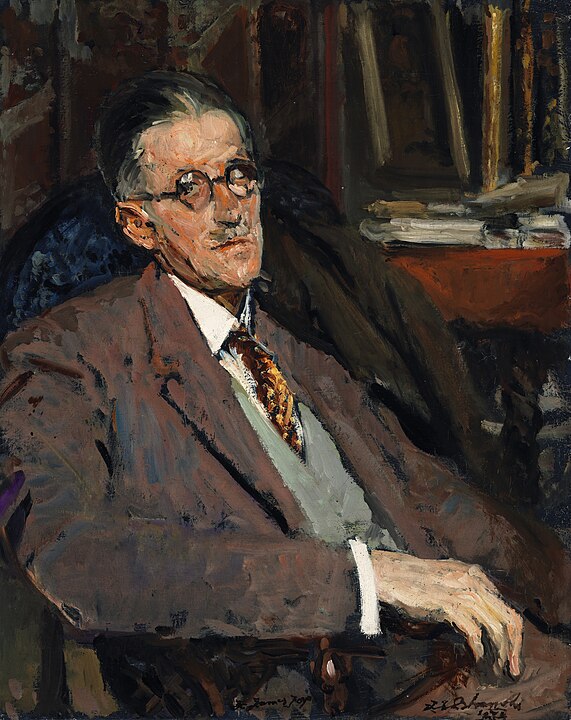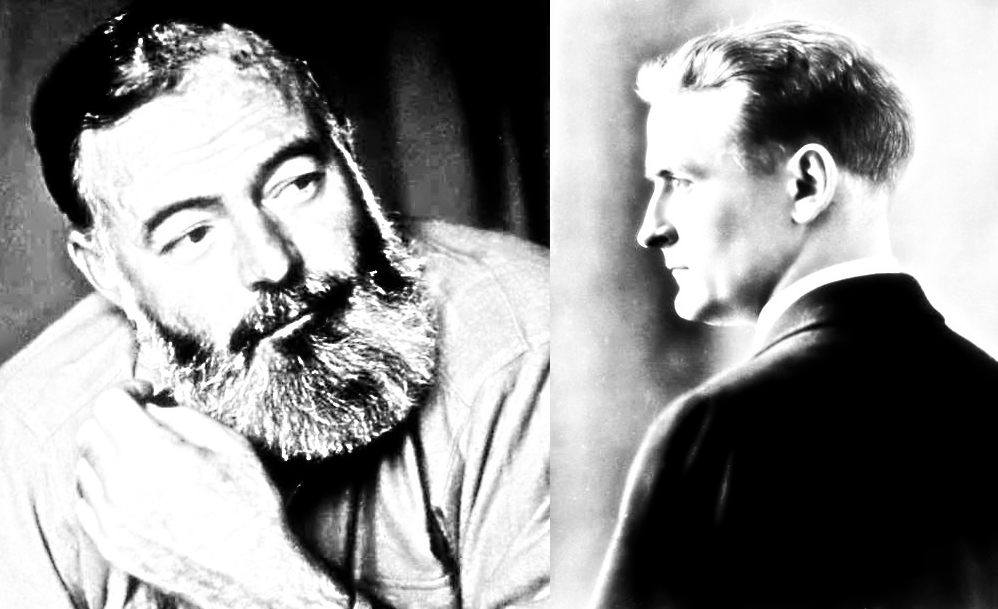Robert Bloch, author of Psycho and countless short stories, has a famous quote, co-opted by Stephen King, that goes, “Despite my ghoulish reputation, I really have the heart of a small boy. I keep it in a jar on my desk,” and I like the quote because it’s playful and it tells us something about horror authors: they love scary things, but they also delight in scary things. There’s a difference however small. Those that write horrific things because it’s gross and shocking seem to do it for the reaction, and those that write horrific things because it’s fun to do so seem to do it for the enjoyment of the reader.
Robert Bloch is the latter, and he also happens to be an entertaining author (read “Sweets to the Sweet” by Bloch if you don’t believe me).
Regardless of the aforementioned quote, Bloch has another quote—and from his most popular book—that goes, “I think perhaps all of us go a little crazy at times,” which is uttered by Norman Bates, the antagonist of the novel. I want to examine that quote today, because I think it’s perfectly fitting for us writers, as it can help us understand our own inventiveness.
Being crazy and literate
The world is ostensibly a crazy place, filled with trauma and desperation. I think if we go by what we see on the news, then we are living in a pre-apocalypse…or at least some kind of boring dystopia; so, how can we capture that madness in writing? Well, we do have to lose our minds sometimes and imagine the unimaginable, as Norman Bates asserts.
“They’d have locked me up in a minute if they knew the things I said and did, the way I carried on,” he frantically asserts to soon-to-be-victim Mary about his mother. “Well, I got over it, finally. And she didn’t. But who are you to say a person should be put away? I think perhaps all of us go a little crazy at times” (Bloch).
As writers, we have to lose our minds to write creative pieces. We have to bend trauma to our will and engage in fantastical flights of fancy, whether we are writing a news article or a short story, an informational book or the next Great American Novel.
Here are a few concrete examples of those crazy thoughts that creep up in our brains and take form:
Cormac McCarthy
Cormac McCarthy goes crazy in his writing fairly often.
The Road (2006) is a masterpiece by modern standards. The book’s language is intentionally abstruse but makes use of a new language that invites metaphor and interpretation, while the themes it presents (futility, hope, and familial relationships) are time-honored, transcendent struggles that remain pervasive in literature today.
But it’s dark and a little crazy.
McCarthy imagines a cannibalistic future deep in a doomsday scenario in which survivors dare to struggle, rather than giving up all faith. We as readers know this world is over, but we can’t help feel as though we’ve been drawn into a madman’s dilemma: end it before the cannibals get you, or go on and hope that you can make it to some place warm with all of your limbs intact.
In an interview with Oprah, McCarthy let on (or was prompted to say) that the novel was written as a “love story” to his son. He also divulged that he was on a trip in El Paso, Texas, and imagined the city in the future, smoldering and burning (Rearden). In other words, McCarthy had to imagine the unimaginable, or at least make contact with the craziest part of his brain to entertain such a dreadful premise.
While I guess one doesn’t have to go completely crazy to imagine a burning city, one certainly has to go crazy to write a book about it. Especially when you have a scene where there are limbless victims locked in a basement waiting to be devoured by their captors. The moments of madness that overtake the author, even if unassuming, provide an open window into our worst fears and most chaotic thoughts…and that is inspiration.
Shirley Jackson
Shirley Jackson certainly has her share of “crazy” moments in writing. “The Lottery” is a popular short story that has found its way into high school curriculum due to its excellent characterization, themes, and disturbing imagery. And, “The Lottery” tells the tale of a town commencing with its annual June 27th ceremony (a date chosen by Jackson’s editor). The story progresses to a truly maddening climax, in which the town ritualistically murders a woman with stones for having been selected as the sacrificial lamb. The Lottery itself isn’t a grand prize per say, but a way to contain the violence of the year and ensure that the next year will be much the same.
Allegedly, Jackson thought of the idea while out shopping, and then she wrote it in one shot while her “two-year-old daughter played in a playpen,” and “She was finished by the time her son came home from kindergarten for lunch” (Franklin). Her claim has been contested and, in fact, it appears that the story was written earlier and went through a few drafts before it was submitted in its final form—which is an important detail for eliminating some of that tragic mythos that hurts aspiring authors (Brennan). Genius takes work.
All the same, Jackson told the San Francisco Chronicle that she wanted to “shock the story’s readers with a graphic dramatization of the pointless violence and general inhumanity in their own lives,” which is a very intense thing to say about a story you wrote (Haven). With that being said, the madness of the commonality of “ritual” in this case is glaring. Jackson does indeed “shock” us with the outright violence of the story, but she also makes us reflect on our own rituals in the process. How can the mundane violence of what we do each day be compared to the outright violence we see in the story?
It’s really not so different from what we do every Thanksgiving if we deconstruct our sanctimonious attitudes toward tradition. That is to say: we justify the notion that “we do it because it’s always what we’ve done” and continue on our merry way…which is a crazy thought. The repetition of structure can be civil and respectable; sometimes, though, it can be an insane attempt at maintaining control.
Conclusion
I do not believe either of these authors are literally crazy, but I do believe their inspiration brings about a chaotic mindset of invention. And that’s okay. Authors need that mindset. It is not enough to simply get a good story idea, but if you know the difficulty of writing a novel, then you know you have to be a special sort of person to commit to the act of writing—especially a novel-length effort—and I would allege that you have to be a little unhinged to partake in the craft.
Norman Bates was legitimately crazy (as nonclinical as that is), and he tried his best to mask that insanity (literally), but sometimes the mask comes off—even for writers—and it’s in this moment that we see the inspiration for deranged stories that shape our literary interests and views of the world.
Works Cited
Bloch, Robert. Psycho. Simon and Schuster. 1960.
Brennan, William. “How Shirley Jackson Wrote ‘The Lottery.’” Slate. June 27th, 2013. Web. https://slate.com/culture/2013/06/the-lottery-story-by-shirley-jackson-was-harder-to-write-than-the-author-claimed.html
Franklin, Ruth. “11 Things You Probably Didn’t Know About Shirley Jackson.” Publisher’s Weekly. Sep. 23rd, 2016. Web. https://www.publishersweekly.com/pw/by-topic/industry-news/tip-sheet/article/71549-11-things-you-probably-didn-t-know-about-shirley-jackson
Haven, Cynthia. “Shirley Jackson’s ‘The Lottery”—it wasn’t as easy as she claimed.” Stanford University. Web. https://bookhaven.stanford.edu/2013/07/shirley-jacksons-the-lottery-it-wasnt-as-easy-as-she-claimed/
Reardon, Patrick. “On the Road with Cormac McCarthy.” Chicago Tribune. June 06, 2007. Web.








Leave a Reply